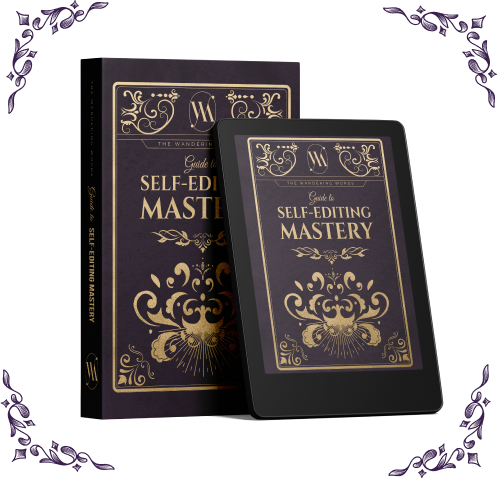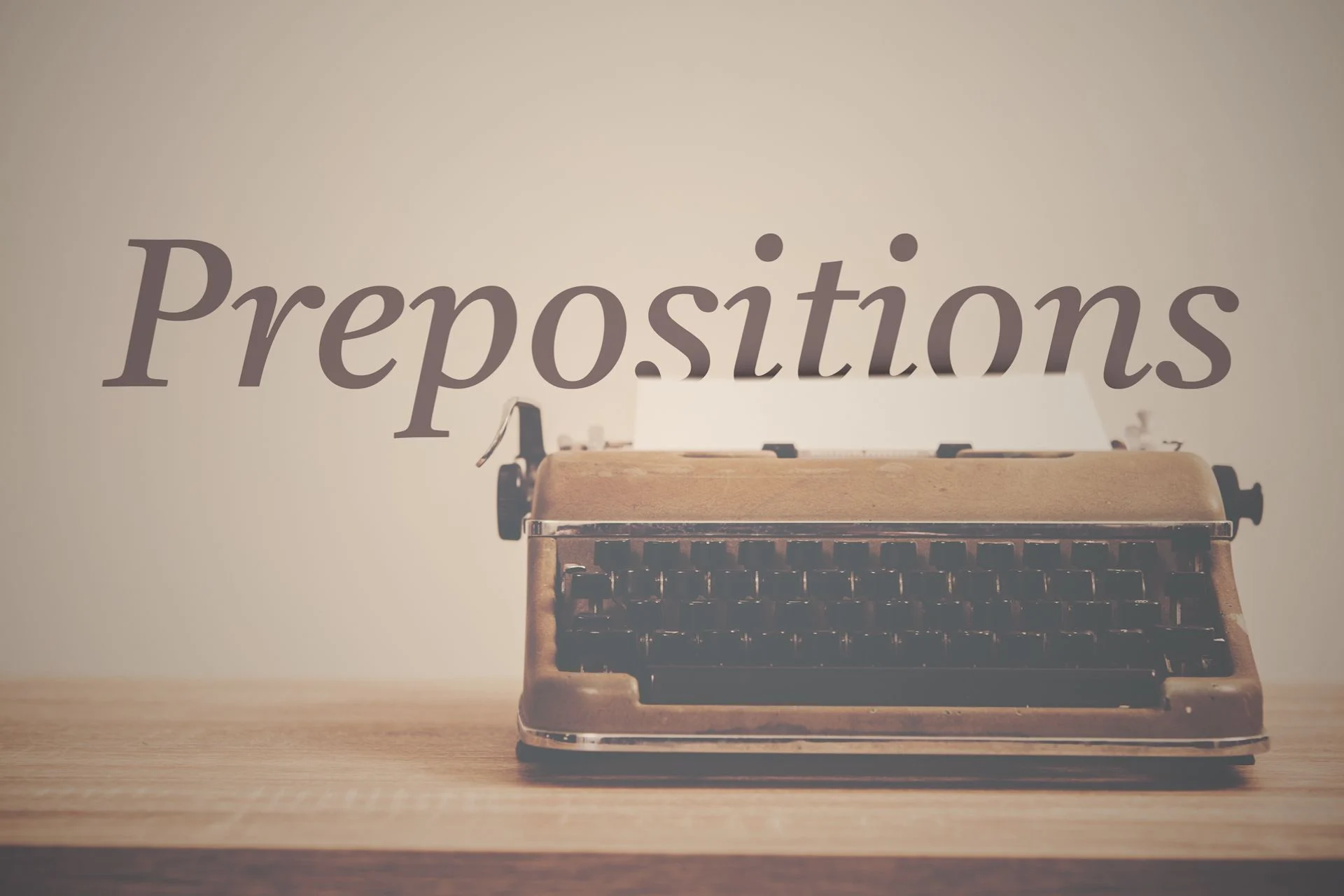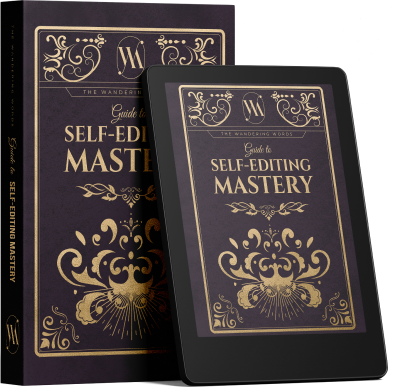Our Guide to Self-Editing Mastery has helped thousands of authors just like you:
- Pre-edit their books with ease
- Avoid the most common writing errors
- Quickly identify spelling & grammar mistakes
- Be more prepared for professional editing
Our Guide to Self-Editing Mastery has helped thousands of authors just like you:


Ending a sentence with a preposition might sound like a grammar crime to some—maybe even to your English teachers or fellow writers.
Maybe you’re one of those writers who always strive to keep their grammar as impeccable as possible, and there’s nothing wrong with that (in fact, we copyeditors thank you for making our job easier). But if you’re too careful about following this particular rule, you may be holding your creativity back without realizing it. The truth is that proper preposition use isn’t as straightforward as many of us have been led to believe, and overly avoiding ending your sentences with them can lead to unnatural and stilted writing. Not exactly a recipe for a bestselling book!
Here’s why it’s actually okay to end your sentences with prepositions—despite what your grammar nerd friends may have told you.
A preposition, as defined by Merriam-Webster, is any function word that pairs with an object of a sentence or phrase (a noun, noun phrase, or pronoun) to introduce that object or to indicate direction, location, or time. Here are a few examples of each usage:
Prepositions are typically short and highly common words—so common, in fact, that I couldn’t avoid including extra ones in the above examples (can you spot them?). Given their function as introductory words, you can probably see why some people take issue with putting them at the ends of sentences.

The practice of putting a preposition at the end of a sentence (or anywhere other than immediately before the object it refers to) is known as “preposition stranding,” and a preposition that’s out of place in this way is sometimes called a “dangling preposition” or “sentence-terminal preposition.”
No one knows for sure when we collectively decided this was not proper English grammar, but references to the “correct” use of prepositions date at least as far back as the 17th century—likely as part of an effort to align English more closely with Latin, which doesn’t allow for terminal prepositions.
Basically, this means we’re still taking grammar advice from people who lived hundreds of years ago, read Latin, and used “thou” in casual conversation.
According to Merriam-Webster, in the mid-1600s, the grammarian Joshua Poole wrote vaguely about the correct order and use of prepositions in his book The English Accidence. Decades later, the poet John Dryden made the rule popular by specifically criticizing another poet’s use of sentence-terminal prepositions. The rule has stuck ever since—persisting even into the 20th century, when it was included in the famous style guide The Elements of Style by William Strunk Jr. and E.B. White.
In all fairness to the grammarians of yore, there is some logic to the argument against preposition stranding. The word preposition literally means “to put in front,” so placing one at the end of a sentence should be wrong, right?
Well, that depends on who you ask.
Some people will argue that while ending a sentence with a preposition is acceptable for informal writing, you should never do this in formal writing. But the fun thing about language is that it’s constantly evolving, and many grammar rules that made sense centuries ago no longer apply today. As Winston Churchill once famously said,
“This is the sort of tedious nonsense up with which I will not put.”
(Okay, there’s no evidence Churchill ever said this, but it’s funny nonetheless, so I’m leaving it in.)
While modern English still has its fair share of rules, most current style guides agree that it’s perfectly fine to use a preposition at the end of a sentence. In fact, it’s often necessary to make writing sound more natural (consider “That’s what I’m talking about,” versus “That’s the thing about which I’m talking”). As long as the meaning of the sentence is clear, there’s no need to rearrange words to avoid a dangling preposition here or there.
That said, you may be afraid you’ll upset the “grammar police” type of reader who refuses to let go of the archaic rules they were taught in English class. You may even be this reader yourself (no judgment—I was once that reader too).
The real question you need to ask yourself, then, is who are you writing for, and will those readers care what words you choose to end your sentences with?

Not at all! The choice to use or avoid prepositions at the ends of sentences is exactly that: a choice. None of this is meant to tell you how to write or what style you should stick to. Your writer’s voice is entirely your own!
The real point is that whether you write fiction or nonfiction, you don’t need to sacrifice natural-sounding language just to follow a rule made up by 17th-century grammar sticklers who, if we’re being honest, probably just wanted to sound smarter than everyone else. At the end of the day, what matters is the content of your writing, not the order of your words.
Still not convinced? Then I invite you to try this exercise: go back through this blog post and highlight every sentence or phrase that ends in a preposition (that’s right, I knew what I was doing!), then rewrite each one so it no longer breaks the “rule.”
Did that effort improve the article in any way? Or was it just an unnecessary headache? “From where did this ‘rule’ come” doesn’t flow in quite the same way, does it?
In short, whenever you sit down to write, remember that grammar isn’t supposed to be a shackle that binds your creativity within a strict set of rules. It’s simply a tool to help your writing make sense so you can connect with as many readers as possible. How you use that tool is up to you.
And if proper grammar matters to you (as it should), then you can relax knowing this is one “rule” up with which you need not put.

